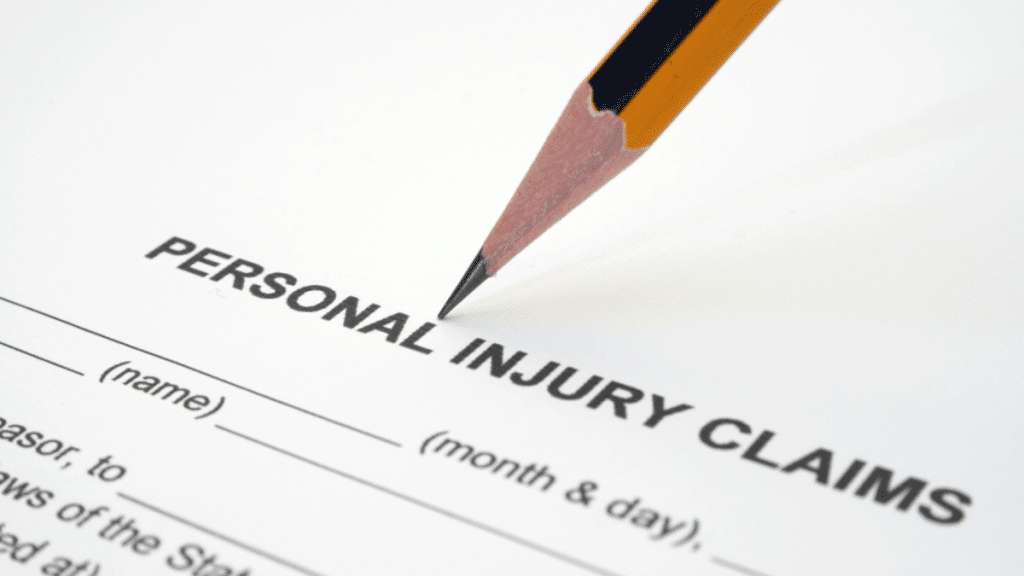Philadelphia, a city known for its vibrant economy and rich history, is home to numerous companies and manufacturers. Consumers expect their products to be safe, but defective or dangerous items can sometimes cause serious harm.
Whether it’s a faulty appliance, a contaminated food item, or a defective automobile part, injuries caused by unsafe products can lead to medical expenses, lost wages, and long-term suffering. Seeking guidance from a Philadelphia product liability attorney can help individuals navigate the complex claims process.
These cases often require proving that a product was inherently defective, poorly designed, or lacked sufficient warnings. Establishing liability can be challenging without legal support, especially when dealing with large corporations and their legal teams.
Identifying the Type of Product Defect
Personal injury claims involving dangerous products typically fall into three categories: design defects, manufacturing defects, and failure to provide adequate warnings or instructions. Understanding the nature of the defect is essential when building a case.
- Design Defects: Flaws in the product’s blueprint make it inherently dangerous even when manufactured correctly.
- Manufacturing Defects: Errors in production can make some units hazardous, even if the design itself is safe.
- Failure to warn: Products without clear instructions or warnings about potential risks can lead to misuse and injury.
Determining which category applies is critical in proving liability and seeking compensation.
Gathering Evidence to Support a Claim
If you want to win your personal injury case, gathering strong evidence is crucial. Documentation helps establish that the product was defective and its use directly caused the injury. Key pieces of evidence include:
- The defective product itself, if available
- Photographs of the product and injuries sustained
- Medical records detailing the extent of harm
- Receipts, invoices, or proof of purchase
- Witness statements or expert testimony
Keeping detailed records strengthens the claim and increases the likelihood of obtaining fair compensation.
Filing a Claim and Meeting Legal Deadlines
Pennsylvania’s legal deadlines must be followed when filing product liability claims. Generally speaking, you have two years from the date of the injury to submit a claim under the statute of limitations. The right to pursue compensation may be forfeited if this deadline is missed.
The claim filing process includes notifying the manufacturer or seller, negotiating with insurance providers, and possibly bringing a lawsuit if a settlement cannot be reached. Legal experts manage these procedures effectively, ensuring that all paperwork is accurate and that deadlines are fulfilled.
Proving Negligence
In Pennsylvania, product liability cases can be pursued under two legal theories: negligence and strict liability. Negligence claims require proving that a manufacturer failed to exercise reasonable care in product design.
Bottom Line
When a dangerous product causes injuries, it can be challenging to know where to turn. Personal injury lawyers can assist victims in navigating the complex legal system and secure fair compensation for their pain and suffering.
By understanding the type of defect, gathering strong evidence, meeting legal deadlines, and pursuing appropriate legal theories, individuals can have a higher chance of success in filing a personal injury claim for injuries caused by dangerous products.
